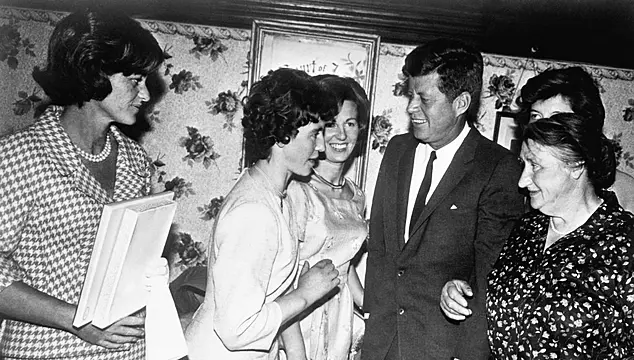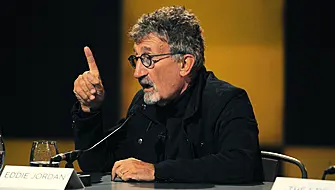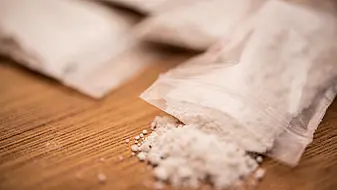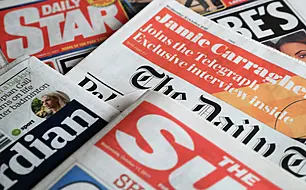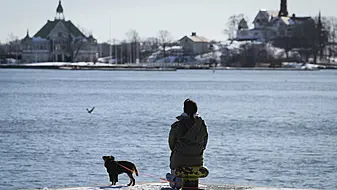The anniversary of John F Kennedy's assassination this week saw much reflection on his legacy in Ireland, and also what might have been, according to a director of the Kennedy Summer School.
Technological University Dublin Professor Brian Murphy is also the co-editor of From Whence I Came: The Kennedy Legacy, Ireland and America, published in 2021.
Speaking in the week of the anniversary of JFK's assassination on November 22nd, 1963, Prof Murphy told BreakingNews.ie: "At the end of his visit he told one of his advisors that he intended to do big things for Ireland in a second term. One of the other things in terms of the legacy is that lost legacy of what might have been. What might have been for America in terms of what he might have achieved as a president and for us here in Ireland, what he might have done for Irish American relations.
"I think he would have been hoping to come many more times. What that trip did is it awakened that Irish American heritage which was in him."
Many Irish people will be familiar with pictures of JFK alongside Jesus or the Pope in the homes of grandparents and family, and his legacy still endures in Ireland despite the fact many people weren't born when he visited in 1963.
Prof Murphy said it had a seismic impact on 1960s Ireland.
"In the 1960s, to have an Irish Catholic in the White House was seen as a huge thing. It was seen as a completion of the circle. Kennedy's great-grandparents were all Famine emigrants, and they were fleeing from starvation, destitution and oppression.
"In the 1960s the attitude here towards the Famine was 'sure, it was British oppression', but there was also this view that Ireland failed because so many of our people starved and had to leave. So the idea that Kennedy was Famine stock, with eight great-grandparents who fled the Famine, Irish Catholic background, that he reached the White House was seen as the completion of this circle.
"He was very conscious of that when he made the famous speech in New Ross, Co Wexford, he said that although he had been in Ireland (he visited in the 1950s as a senator and in the 1940s as a congressman), he said coming back to the home of his great-grandfather PJ Kennedy who left in the middle of the Famine, he said this journey took 115 years to make.
"It was a journey his great-grandfather started. He fled starvation and 115 years later his great-grandson returned as the leader of the free world.
"In the 1960s, there wasn't a lot to celebrate in Ireland. The 1950s was probably the most depressing decade in Irish history with mass emigration on the rise and people wondering if it would always be a poor country.
"At the start of the 1960s you had an Irish Catholic elected leader of the free world, we grasped onto it as a success story. Kennedy brought hope that he would do something for Ireland.
"In the footage of his speeches in Ireland you can see he was enthralled by the country. He famously said when he was leaving Ireland 'this is not the land of my birth but it's the land I hold the most affection for', and that he'd be back in the spring."
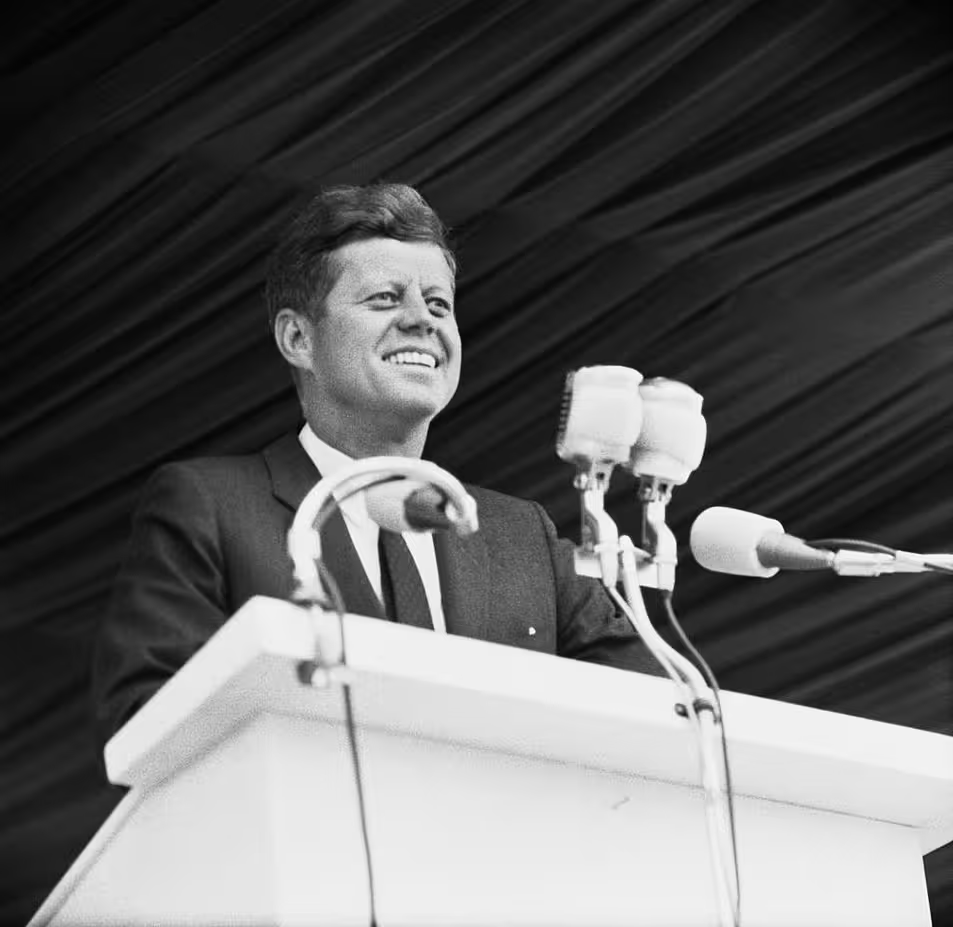
The home of Kennedy's great-grandfather in Dunganstown, New Ross, Co Wexford, now includes an exhibition on JFK's visit and the wider Kennedy family.
Patrick Grennan, whose grandmother was a cousin of JFK and was famously pictured hugging him, opened the visitor exhibition in 2013.
He runs it along with his farm.
Mr Grennan told BreakingNews.ie: "His great-grandfather left our house. Patrick Kennedy left during the Famine and went to Boston. JFK visited in 1947 and then in 1963 as president of the United States. My grandmother, mother and cousins in Dunganstown met him on both occasions.
"After that, people were coming around to have a look, it became a shrine. My grandmother set up a room that was part of the old dwelling and had a few photographs. People went in, signed their name, took a stone out of the wall as a souvenir sometimes.
"In 1999, I set the place up as a visitor attraction. It was really just to cater to people calling. You'd end up talking to people all day, and it was a way to supplement a small farm income too.
"The exhibition follows each generation from Patrick leaving to today, along with a lot of footage of the Kennedy visit. People are fascinated about how the family went from Famine emigrants to the White House, so we have that story put together from a family perspective."

Mr Grennan said various members of the Kennedy family have visited over the years. Robert F Kennedy's daughter Kerry, a lawyer and human rights activist, was there a number of weeks ago.
He said people from all over the world continue to visit, particularly in the busy summer season which takes in the June 26th - 29th anniversary of Kennedy's visit to Ireland.
Prof Murphy said the legacy of Kennedy has stood the test of time for a number of reasons.
"That's one of the things we're doing with the summer school... trying to preserve that Kennedy connection to Ireland, not just in terms of the Kennedy family but using it as a platform for discussion about Irish American relations.
"Sixty years on, there is still a strong affinity towards JFK and the Kennedy family. You'd think that would recede with time. Eventually, as he does pass out of living memory and into complete history, 20 years from now there will be very few, if any who have a living memory of him.
"It will recede somewhat and that is why the summer school is important in remembering the history, remembering that connection.
"Why is the legacy still strong 60 years on? There are a couple of things. First of all, it's the qualities of Kennedy in terms of that charisma that he had, he broke the mould... he was this young, dynamic president. The presidency was previously seen as the preserve of older, greyer politicians.
"He came in almost like a rock star president. That charisma, and the sense of awakening in the 1960s, people definitely have nostalgia for that. Then there was his sheer ability.
"There are people from a generation that were born long after his death who can still quote some of his speeches. His power of rhetoric, that magnetism with words, seems to have transcended the ages as well.
"When he said he wanted to come to Ireland, Kennedy's advisers told him 'don't do it, you have all the Irish votes in this country, it will be portrayed by your opponents as a pleasure trip'. He was determined to make the visit."
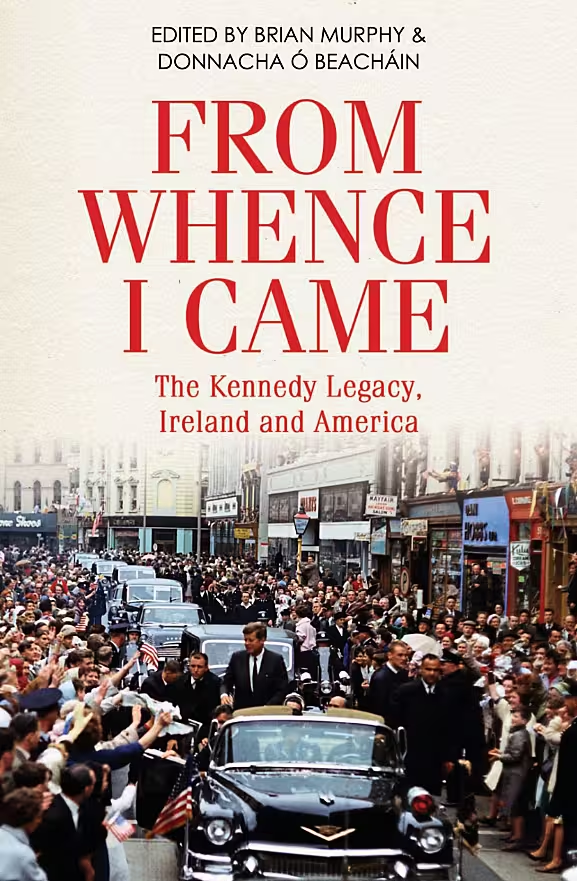
In Prof Murphy's chapter in From Whence I Came, he wrote about the final 21 weeks of Kennedy's life, 'from Shannon to Dallas', and the crucial period which included the Cuban Missile Crisis.
Seen as a defining moment of Kennedy's presidency, it started with a botched US-backed invasion of Cuba, but ended with diplomacy that averted a nuclear disaster.
"There is a debate about whether he was a good president or a great president. My own view is that he was a good president with the potential to be a great one, but he was only there for that period of 1,000 or so days. He hadn't enough time to put in place the accomplishments that would have made him a fantastic president.
"Maybe his greatest accomplishment, which was lucky for all of us, is his finger was on the switch during the Cuban Missile Crisis... his sense of calmness there to find a diplomatic solution. His unwillingness to be bullied by the military who were pushing him for a first strike policy.
"He definitely took the world back from the abyss there. I think that's something we can all be grateful for. He was tested in that situation and came through to find a diplomatic solution. We don't know how anyone else would have acted, and whether we would have had a nuclear disaster."
While a number of Kennedy's successors have visited Ireland, including Joe Biden recently, Prof Murphy said none of them have had a reception quite as enthusiastic.
He recalled a story about Kennedy's relationship with then-Taoiseach Seán Lemass.
"When he arrived, his first meeting was with Seán Lemass. They talked about the global situation, the Irish economy, Lemass was pushing for more direct investment into Ireland. He told him about some of his priorities for the Irish government, including restoring the Irish language as the spoken language of the country.
"Kennedy told Lemass he didn't think this was a good idea. Lemass argued that case. Kennedy went away and thought about it and as he travelled around Ireland he was asking people about the Irish language and when he got back to America, Bobby had an Irish nanny, and he would ask her 'what's the Irish word for this?'
"When Lemass visited in 1963, Kennedy had a few words of Irish to say to him."

The fact so many people who are old enough can remember exactly where they were when they heard the news of JFK's assassination shows the significance of its place in world, and Irish, history, Prof Murphy said.
"Anyone of that generation can tell you where they were, who told them the news. The reaction was one of national mourning. Eamon de Valera went on RTÉ, he said to 'give common expression' to our national mourning.
"There would have been devastation either way, but I think the fact it was so close to his visit, it had been 146 days since he left Ireland.
"There were hopes he would do more for Ireland, the great potential of JFK was all whipped away in a minute by an assassin's bullet. I think that all contributed to the grief."
